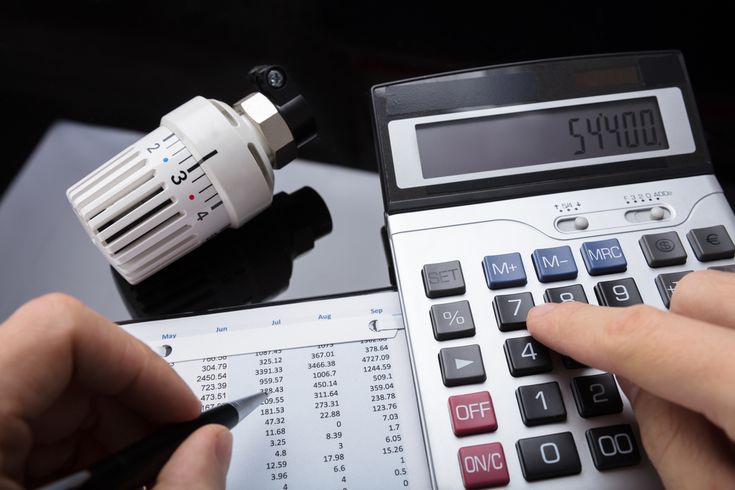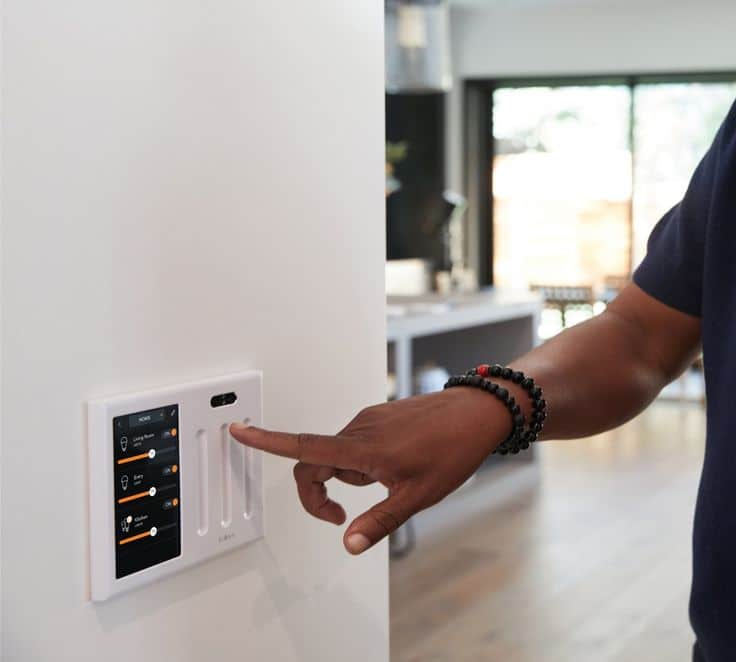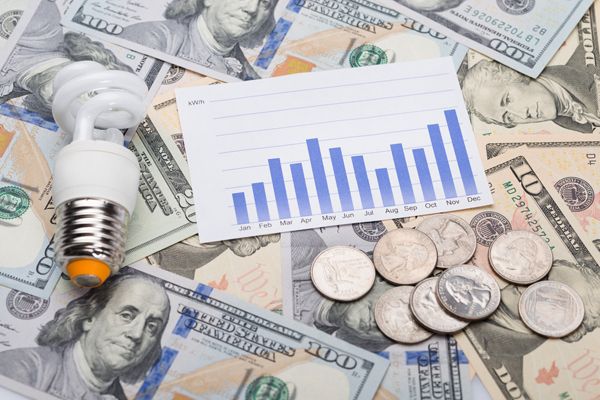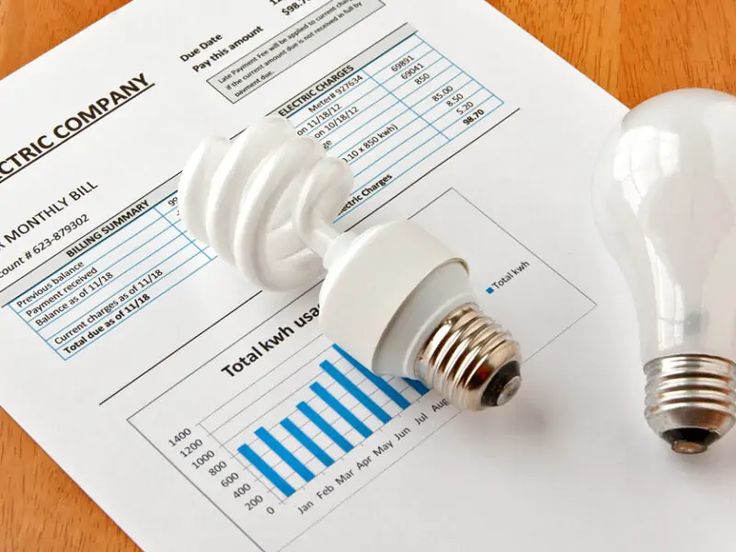
Growing up, most of us have been told to turn off the lights and other appliances before leaving the room. This habit allowed us to reduce energy bills to a certain extent. However, that one habit is not enough to counter the increasing cost of living. You need to take some drastic measures to keep your energy bills low.
1. Switch to a Cheaper Energy Retailer
If your current energy plan has a higher rate, you should consider switching to a cheaper alternative. You can now find some trusted platforms that allow you to conduct a detailed energy company comparison to find a more affordable plan that offers value for your money.
On these platforms, you can compare prices, tariff types, additional fees, solar feed-in tariffs, variable or fixed rate offers, and more. Once you find a cheaper option that aligns with your energy needs, contact the new energy retailer and start the switching process.
2. Use a Smarter Way to Heat or Cool Your Home
Heating and cooling can make up to 40% of your home’s energy use. If you want to reduce your energy bills, you need to look for smarter ways to heat and cool your home. Here are a few steps you can take to efficiently heat or cool your home without compromising your comfort:
- Ensure all the doors and windows are closed while heating or cooling a room.
- Adjust the thermostat up or down by one degree to save 5-10% of energy.
- Use the ceiling fans before turning on the air conditioner. The fan will help circulate the hot air more evenly.

3. Stop Air Leaks
If your rooms have leaks, the air inside rooms can easily escape outside. This makes it harder to keep the rooms at the right temperature. Look for the following signs to find the gaps where the hot or cold air may be escaping from:
- Light under doors and windows is a common sign of gaps.
- Movement in curtains is also another common sign.
- Look for gaps around built-in appliances (such as air conditioners).
- Listen for rattles when it is windy.
When you identify the gaps inside your room, you use the following measures to prevent air from escaping through those gaps:
- Use door snakes under doors.
- Use heavy curtains to keep warmth in.
- Seal around doors, windows, walls, and floors.
4. Improve Home’s Insulation
If your home is properly insulated, you can save up to 20% of your energy bill. So, when it comes to lowering your energy bills, it is recommended that you get your home inspected by an insulation specialist and identify areas that may be leaking air. While the insulation work may cost you a significant amount of money, it can help you save more in the long run.
With proper insulation, the HVAC system at your home can efficiently heat or cool your rooms. Moreover, it can save your interior from water and moisture damage. Instead of focusing only on insulating the walls, pay attention to ceiling and underfloor insulation as well.

5. Invest in Energy-Efficient Appliances
If you are thinking of replacing older appliances like a refrigerator or washing machine, aim for the highest energy rating label that suits your budget. The higher star energy rating implies a more energy-efficient appliance, which means it consumes less energy to run. However, it is worth considering that energy-efficient appliances are usually more expensive.
If you plan to run your new appliances quite frequently, investing in energy-efficient options can help you reduce the energy bills, saving you money in the long run.
6. Invest in Solar Energy
Even though “feed-in tariff” is coming to an end, solar energy is still a great way to save money off your bills. Install solar panels on your roof and get the power generation system set up at home. During the day, you can use the sun to power your home, reducing your need to buy energy from a retailer.
By combining solar with a battery, you can store electricity you make from your solar panels and use it after the sunset. This will reduce your dependency on energy from the grid to power your home and help you reduce the energy bill significantly.

Conclusion
As you can see, there are several ways you can reduce the energy bill at home. The goal is to use energy more efficiently. It is important to note that a few of these measures recommend an upfront investment, which may not be feasible for those who are trying to save their money. So, it is better to focus on the rest of the hacks now and start saving to make those investments later.
- 0shares
- Facebook0
- Pinterest0
- Twitter0
- Reddit0



